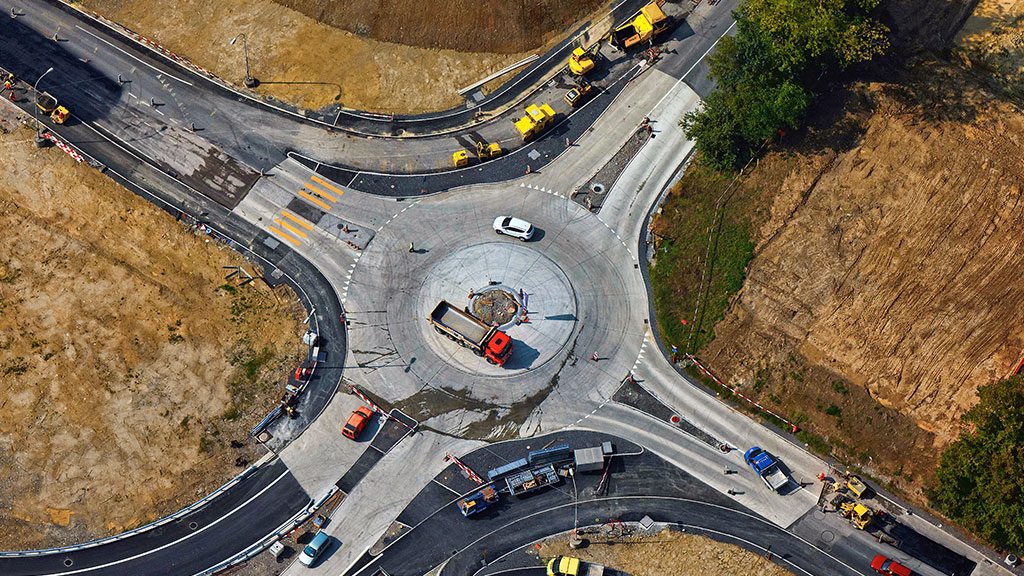A new report on the shortcomings of Ontario’s current Municipal Class Environmental Assessment (MCEA) includes case studies of select municipal infrastructure projects in order to reinforce the need for reform, state its proponents.
Case Studies that Support Reforming Ontario’s Municipal Class Environmental Assessment Process is the report commissioned by the Residential and Civil Construction Alliance of Ontario (RCCAO) and authored by Frank Zechner, an environmental lawyer and engineer.
The report describes 12 recent projects that faced significant delays and additional costs arising from the cumbersome MCEA process.
Finding the case studies was a collaborative effort between Zechner, RCCAO, the Municipal Engineers Association (MEA) and the Ontario Good Roads Association.
Andy Manahan, executive director of the RCCAO, said the main issue is how to modernize and streamline the MCEA process. The MCEA goes through the Ministry of the Environment, Conservation and Parks and is a requirement under the Environmental Assessment Act. He hopes the report, the sixth in a series of studies commissioned by the RCCAO since 2009, provides further impetus to reform the system.
“There are some municipalities that are spending significant amounts of money to try to get pretty basic local projects through the system and in many of those cases they have gone through the Planning Act process,” said Manahan.
“We certainly don’t want to take away public consultation because it’s an important component of the approvals process where feedback can assist in improving project outcomes. What we are saying is that public feedback has oftentimes already happened under the Planning Act consultation.”
There have been some steps taken towards reform at the government level which started with the Auditor General’s report on environmental assessments released in 2016. In early 2017, the RCCAO and the Municipal Engineers Association submitted an Environmental Bill of Rights Application for review. The ministry accepted the application but was unable to complete the review before the change in government in June 2018. More recently, the MECP released a discussion paper on Modernizing Ontario’s Environmental Assessment Program and the More Homes, More Choices Act which contain amendments to the MCEA, including the exemption of low-risk projects.
“We had the auditor general’s report and some new regulations were put in place over the last 24 months but it does not solve everything,” said Zechner. “They have a long way to go in order to remedy the problems that we have been identifying over the last 10 years.”
Nine of the projects featured in the report are road-related projects, two are bridge structures and one is a water project. Nine out of the 12 municipal projects took between two and five years to go through the process.
Is that money well spent or could it be used for other improvements?
— Frank Zechner
Report Author
Despite a lengthy consultation process, a road extension in Waterloo, Ont. took five years and three months to go through the MCEA process, including two years for the minister to address the filing of three separate Part II order requests, the report indicates. Part II Orders, also called “bump-up,” address outstanding issues with a project that has not been resolved in a class EA process.
Another road project in South Stormont, Ont. was pre-approved under applicable procedures but was pushed back 12 months due to an appeal by one resident under the Part II Order process.
The report also highlights a good example of transparency in a road improvement project in the City of Sault Ste. Marie, Ont. In his Part II Order request, the minister included a chart of issues raised by the requests, the corresponding responses of the city and the minister’s analysis.
According to the report, in terms of costs, six out of 12 projects indicate consultants and reports cost more than $500,000 and four of the six had consultant and report expenses of more than $2 million. The costs exclude staff time and resources which can be significant, Zechner pointed out.
“Is that money well spent or could it be used for other improvements in municipalities on their roads or other infrastructure?” he asked.
Recommendations from the report include exempt low-risk projects from the act; reduce the scope and complexity of environmental study reports; Part II Order requests should be based on demonstrated direct adverse impacts; delegate the Minister’s Authority to respond to Part II Order Requests to the director of the EA branch; mandate reduced time frames for responding to Part II Order Requests; enhance access and transparency for the MCEA process; proceed with the Municipal Engineer Association’s proposed amendments of the MCEA manual; proclaim balance of Schedule 6 of the More Homes, More Choice Act in force; and recognize decisions that have been based on public consultations under the Planning Act process.
Manahan said RCCAO will continue to work with the municipal sector and the provincial government and the MECP to continue to implement improvements to the MCEA system.











Recent Comments
comments for this post are closed